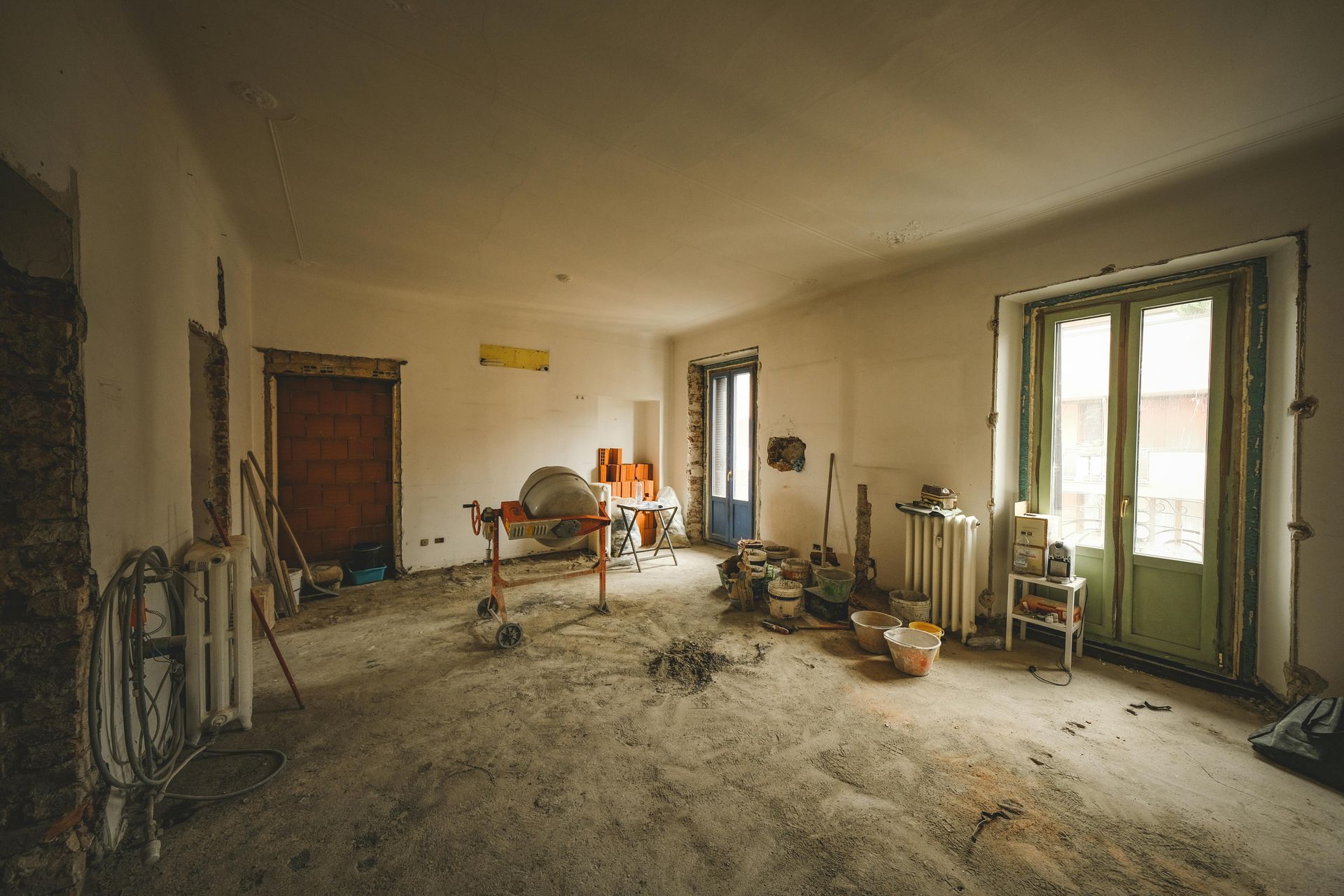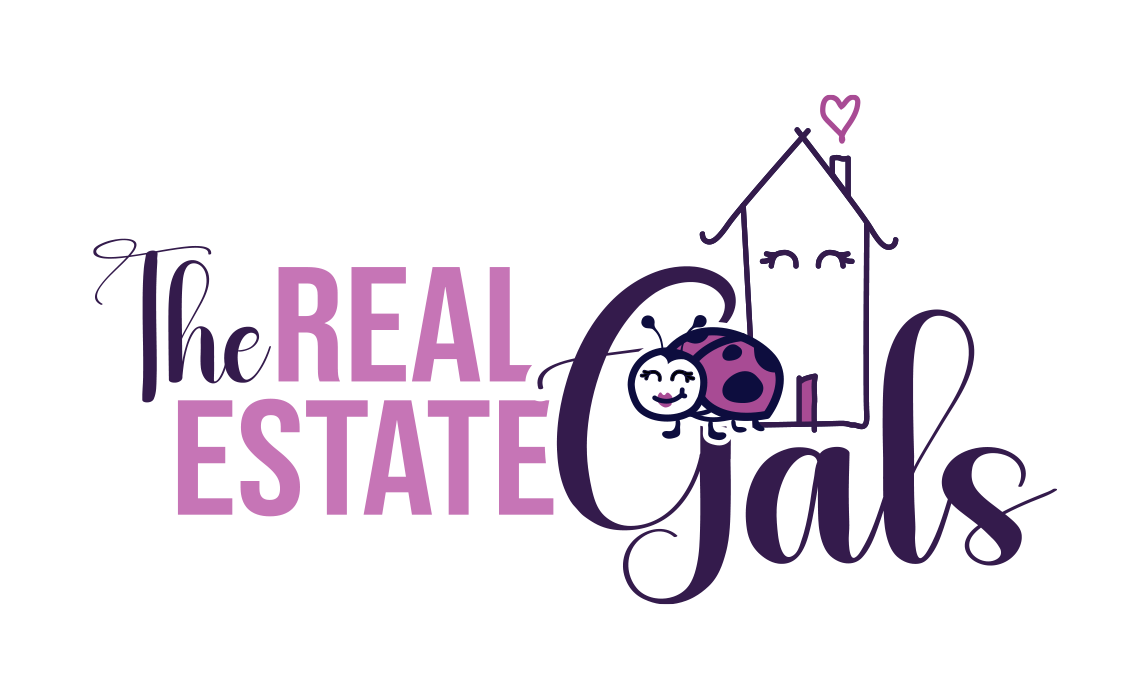Recently, an out-of-town friend and I were talking, and in the middle of our call, she got a message confirming that she was officially a homeowner. She got emotional and commented that it was fitting she was talking to me at that moment because I work so much with divorced couples in my real estate business. She had been divorced for many years, so I was confused.
Ever since her divorce she has always rented so I asked her why she hadn’t bought before now. She said, "Because divorced women don’t own houses."
I was taken aback and asked her why she would think this. She talked about how her parents had held her in judgment ever since she got divorced and as a result, she had a narrative in her head that said, "Divorced women don’t own homes". It’s something her mother had told her.
When her parents passed, she received an inheritance and used it to buy a house. With the judgment no longer there, she finally felt free to move on with her life and not worry about being judged for owning a home.
This got me thinking about what other myths or limiting beliefs exist regarding divorce.
While my friend’s belief is not a common one, her parents were of a generation that held more "traditional" views on marriage, with divorce carrying a moral stigma. Her mother’s view likely came from another myth that divorced women will face financial hardship without a man to support them. And therefore, owning a home is impossible.
Here are some of the more common limiting beliefs or myths I found:
You should stay together for the children
Many people stay in unhealthy relationships for the sake of their children, believing that divorce will harm them. But the fact is, an unhappy household or high-conflict relationship can do more damage to the kids. How parents handle the situation, including open communication and support, has a more significant impact on the child’s well-being than the divorce itself. As noted in Psychology Today, "Far from suffering inevitable damage from divorce, children can benefit from seeing their parents decide for happiness and fulfillment."
Divorce Means Failure
Divorce has often been equated with the personal failure of the individuals involved or the relationship itself. In reality, divorce is often a brave decision to pursue a healthier and more fulfilling life. Relationships evolve, and sometimes separation is the best path forward for personal growth and happiness. Many see it as a necessary step in their journey rather than a sign of failure.
Mothers always get custody of the children
This myth persists, but courts focus on what is best for the children. Fathers have an equal opportunity to gain custody. Co-parenting is a much more common arrangement today.
People Who Divorce Didn’t Try Hard Enough
There’s a cultural belief that people who divorce simply didn’t work hard enough to save their marriage. Yet, many couples go through extensive efforts, including therapy, to repair their marriage. Divorce often happens when both parties realize that staying together is no longer healthy or viable despite their efforts.
Assets are always divided 50/50
People often think that they automatically get half of everything. While the Family Law Act aims for an equitable distribution of assets, this doesn’t necessarily mean a 50/50 split. Some assets may be excluded, such as Inheritances or gifts from third parties. Couples can negotiate an unequal division of assets provided it is deemed fair. The courts have the discretion to vary the distribution if an equal division would be deemed unconscionable based on certain factors.
Adultery means you lose everything
Canada adopted the “no-fault” divorce system in 1986, meaning the reasons for a divorce are irrelevant when it comes to the division of property, support, etc. I remember the day I met my lawyer, stating I wanted to be separated. She said, "ok, you are separated". Perplexed, she continued to explain that the courts no longer care why you are separating thanks to the "no-fault" system. Although my divorce was not a result of adultery, I was relieved that I didn’t need to expound on the details of my situation.
What other limiting beliefs or myths have you experienced about divorce? How did your parents' beliefs influence your own? I would love to hear your stories. Drop me a line.
The information provided on this website does not, and is not intended to, constitute legal advice; instead, all information, content, and materials available on this site are for general informational purposes only. Views expressed are my own. Please consult a lawyer for advice on legal matters.


